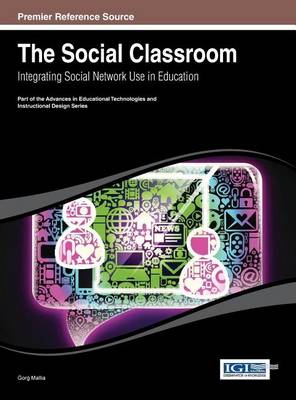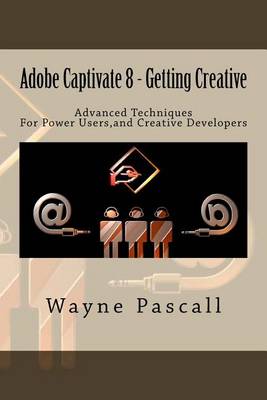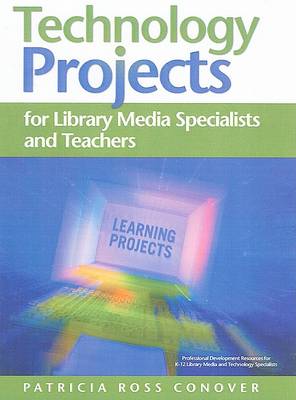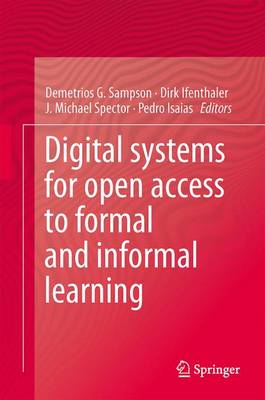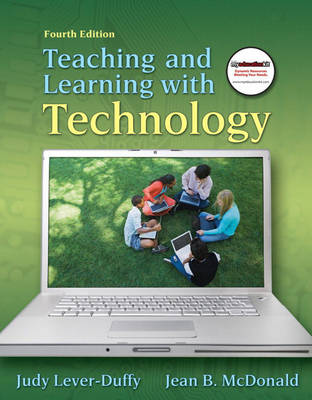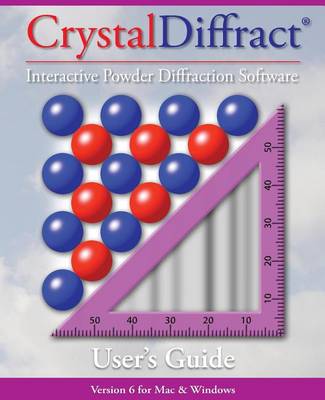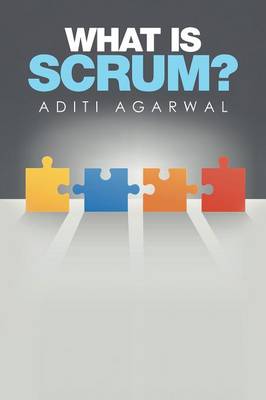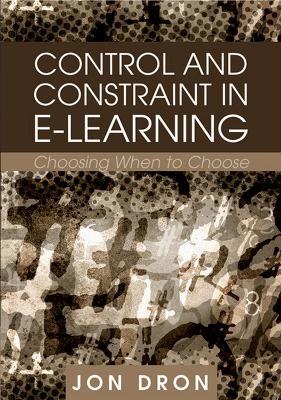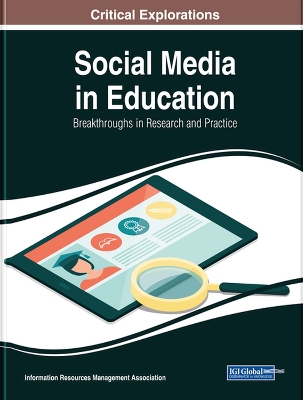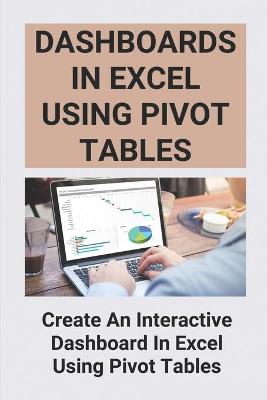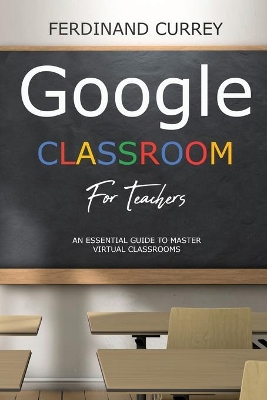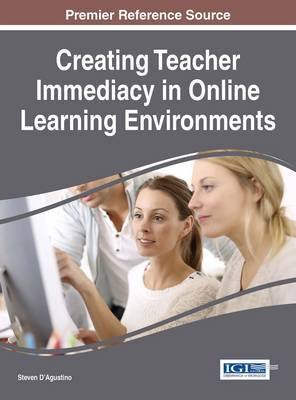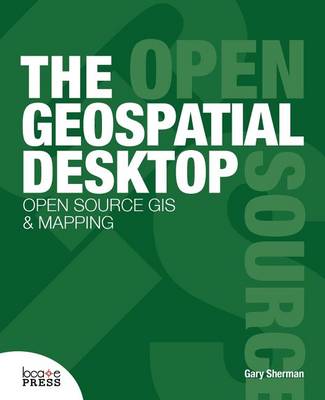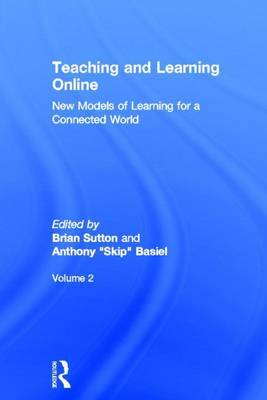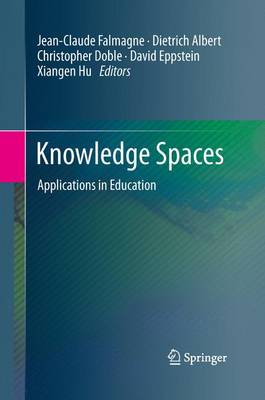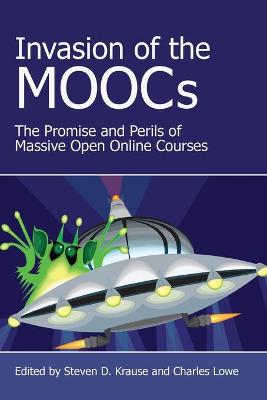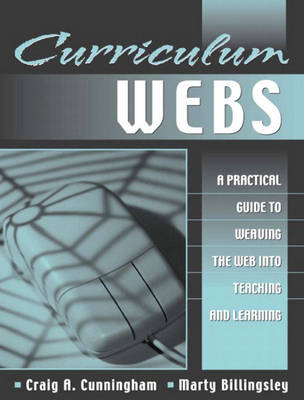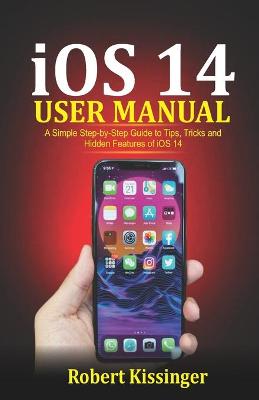Developing Innovation in Online Learning (Open Flexible Learning S.) (Open & Flexible Learning)
by Maggie McPherson and Miguel Baptista Nunes
Action research has become one of the preferred research and educational development techniques - an approach through which a group of participants engage in self-reflection to improve practice. This text introduces action research as a method of developing e-learning modules and courses. It is divided into four main blocks, covering the organizational context, the pedagogic model, the educational setting and the evaluation process. The authors write in an accessible style which caters for those...
Today, Digital Systems and Services for Technology Supported Learning and Education are recognized as the key drivers to transform the way that individuals, groups and organizations "learn" and the way to "assess learning" in 21st Century. These transformations influence: Objectives - moving from acquiring new "knowledge" to developing new and relevant "competences"; Methods - moving from "classroom" based teaching to "context-aware" personalized learning; and Assessment - moving from "life-long...
Teaching and Learning with Technology
by Judy Lever-Duffy and Jean McDonald
Teaching and Learning with TechnologyFourth edition continues to offer a foundation in learning theory and instructional design that helps position educational technology within the framework of teaching and learning. The text explores current and emerging technologies available to teachers. Using practical applications, examples from the classroom, and an array of reflection activities, the text offers students the opportunity to fully explore and apply technologies as tools to enhance teaching...
CrystalDiffract User's Guide
Control and Constraint in E-Learning
Every learner is on a trajectory, an individual path that involves choices about what to do next in order to learn, choices that are bounded by intrinsic and extrinsic constraints. In some cases the learner controls those choices, sometimes they are made by someone or something else, sometimes control is negotiated, or it emerges from complex interactions of many agents. Control and Constraint in E-Learning: Choosing When to Choose pulls apart that simple dynamic, examines it in detail, and expl...
Social Media in Education
In the digital age, numerous technological tools are available to enhance educational practices. When used effectively, student engagement and mobile learning are significantly increased. Social Media in Education: Breakthroughs in Research and Practice contains a compendium of the latest academic material on the usage, strategies, and applications of social media in education today. Including innovative studies on online networks, social constructivism, and collaborative learning, this publica...
Educators are finding that communication and interaction are at the core of a successful web-based classroom. This interactivity fosters community, which contributes to effective and meaningful learning. Positive online communities and the communication therein encourage students to interact with others' views which not only grows one's empathy, but is an integral part of constructivist learning theories. Because of this, the most important role of an educator in an online class is one that ensu...
There have been many attempts to define the generation of students who emerged with the Web and new digital technologies in the early 1990s. The term "digital native" refers to the generation born after 1980, which has grown up in a world where digital technologies and the internet are a normal part of everyday life. Young people belonging to this generation are therefore supposed to be "native" to the digital lifestyle, always connected to the internet and comfortable with a range of cutting-ed...
Teaching and Learning Online: New Models of Learning for a Connected World, Volume 2
Knowledge Spaces
The book describes up-to-date applications and relevant theoretical results. These applications come from various places, but the most important one, numerically speaking, is the internet based educational system ALEKS. The ALEKS system is bilingual English-Spanish and covers all of mathematics, from third grade to the end of high school, and chemistry. It is also widely used in higher education because US students are often poorly prepared when they reach the university level. The chapter by Ta...
Curriculum Webs helps in-service teachers, curriculum developers, and pre-service teachers use the World Wide Web as a central resource to facilitate learning. A curriculum web is a Web page or pages designed to support a curriculum. This text describes the process of building curriculum webs from the early planning stages through design of the Web pages, using the finished product in classrooms, and teaching teachers with curriculum webs. Readers will see how successful Web-based curricula ca...

